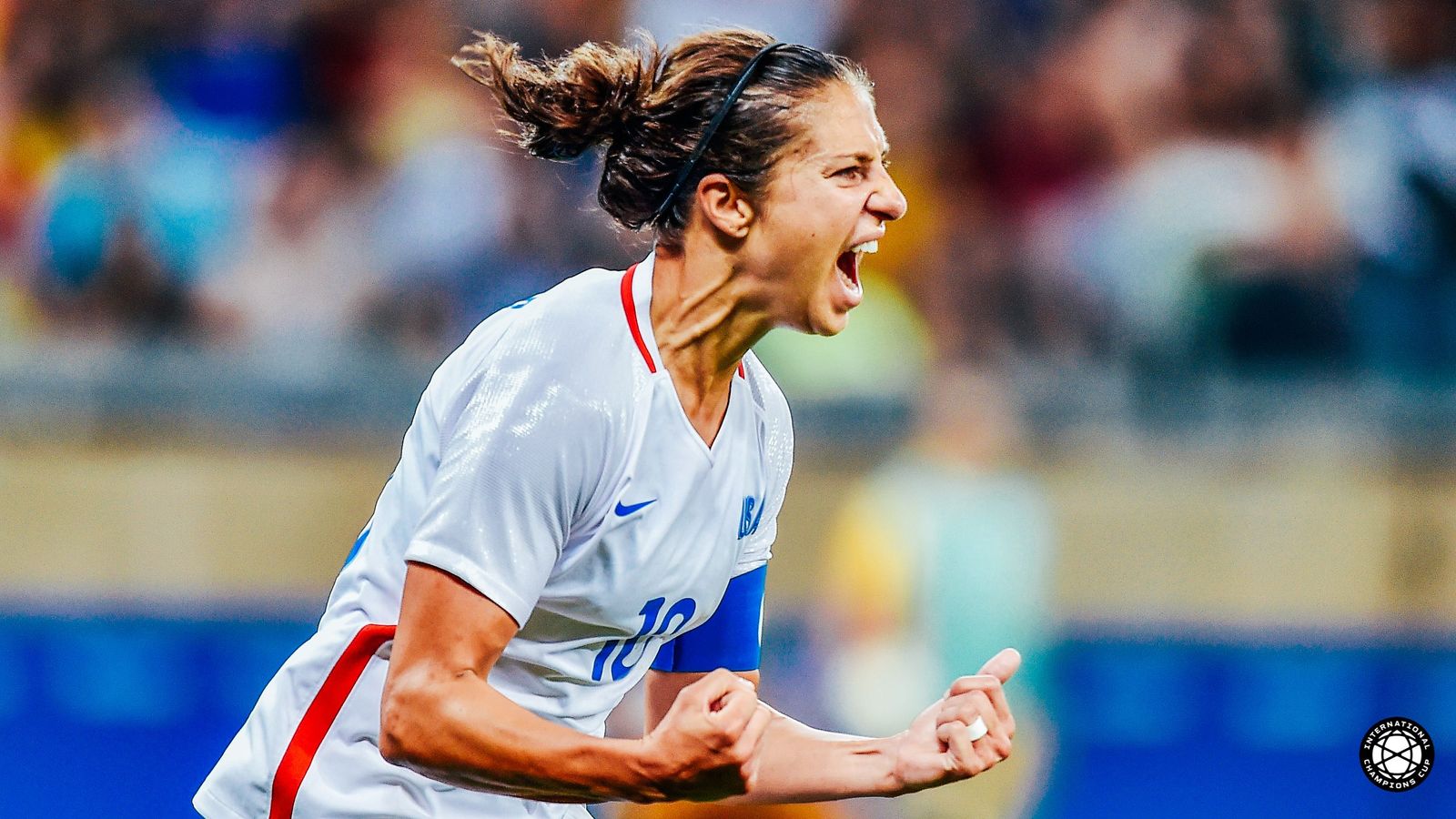
Women in sport face many challenges. Women were historically not allowed to compete at professional levels or participate in leagues. They were too infirm to play high-impact sports or were too busy taking care of the household. There were only three professions that women could choose from in sports: teaching, secretarial, or crossing guard.
Fewer opportunities
High school sports are often less accessible to women than for their male counterparts. Many attribute this inequity to the negative social stigma associated female athletes. This stigma is not restricted to specific geographical areas or conferences. It can also extend to the fact that girls in low-income communities often lack resources and opportunity for sports.
Media attention is less
Despite the fact that female athletes make up more than two-fifths of professional athletes, they still receive much less media attention than their male counterparts. This is despite female athletes putting in the same amount of work as male athletes. Female sports generally receive less media coverage than their male counterparts, and more attention is given to talent and appearances than to individual achievements.
Less expectations
A variety of factors may influence women's participation. Female athletes are likely not to be allowed into sports that are dominated by their gender. These differences can be explained by biological differences and differential socialization.
Transgender females compete in sports
The IOC has introduced trans policies nearly 20 years ago. Since then, legislators have tried to ban transgender women from recreational sports. Transgender women still face discrimination, harassment and violence in a large number of situations. Therefore, attempts to ban them are not just transphobic and dangerous but also detrimental to their cause.
Title IX
Title IX, a federal law that guarantees women's rights in sport, is Title IX. Women from historically marginalized communities have not received the benefits of Title IX as well as they should. According to a study by the Women's Sports Foundation, girls in predominantly minority schools have access to only 67% of athletic opportunities, compared to 82% of girls in predominantly white schools.
Flo's support for female sports stars
Flo McLean, the seventh of 11 children, grew up Los Angeles. She was told at an early age that she had to move fast to get what she wanted. After her parents divorced, she moved in with her mother to Watts. Watts was a low-resourced, over-policed neighbourhood. She discovered the Sugar Ray Robinson Youth Foundation which offered athletic opportunities to the youth of the area.